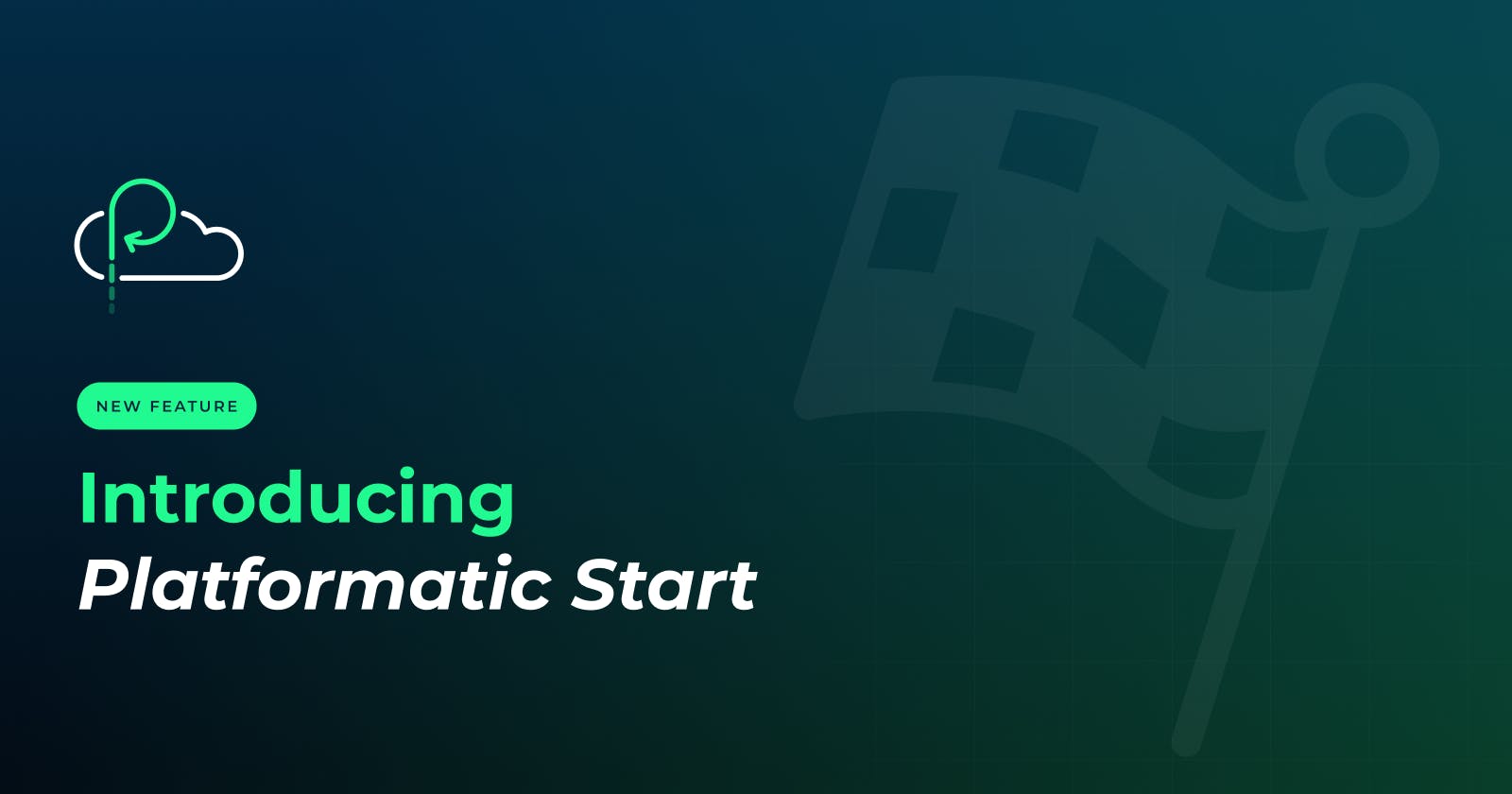Platformatic streamlines the creation of several different types of Node.js applications. Platformatic Service can generate a production-ready API server with a few configuration lines in seconds. Similarly, Platformatic DB gets you up and running with a database-backed server in the blink of an eye.
Platformatic Service and Platformatic DB have a CLI and programmatic API for managing your applications. However, this management requires you to use separate commands and APIs depending on the class of application, as shown below:
# Start a Platformatic Service application.
$ platformatic service start
# Start a Platformatic DB application.
$ platformatic db start
Both of these commands start a Platformatic application based on the contents of a configuration file. Starting with Platformatic 0.17.0, these configuration files include a top-level $schema key that indicates the application type.
So, why would you need separate commands and APIs to do the same thing for each application type? Well, starting from today, you don't!
Today, we are introducing the platformatic start command as part of Platformatic v0.23.0, backed by the APIs of the new @platformatic/start module.
While there will continue to be some differences between various Platformatic application types (if they were the same, there would be no need for different types), we have begun to unify commands and APIs that can be shared across application types:
# Start a Platformatic Service or DB application.
$ platformatic start
platformatic start examines your configuration file to determine your application type. From there, it invokes the correct code for running your application.
The result is the same great Platformatic experience, but with fewer commands to remember and with less code for you to write.

